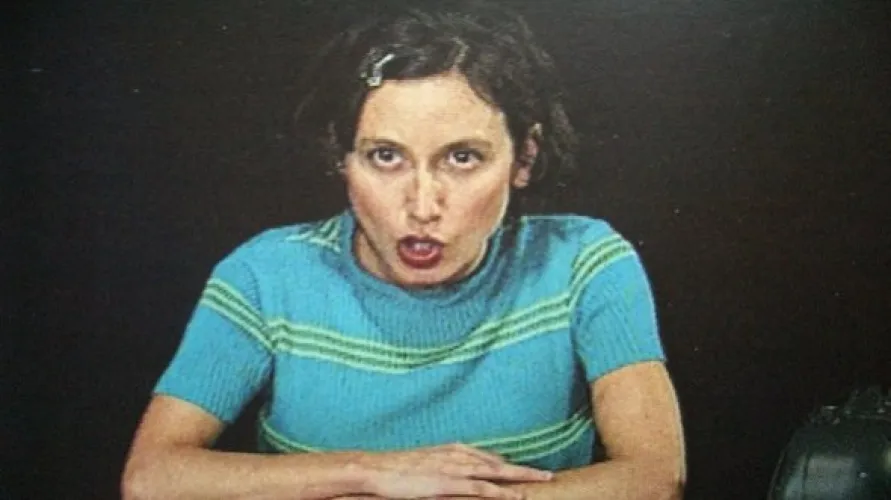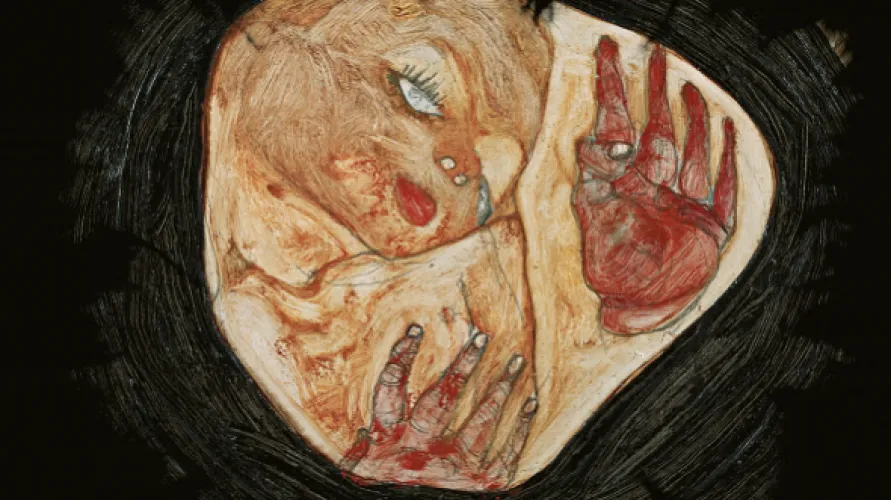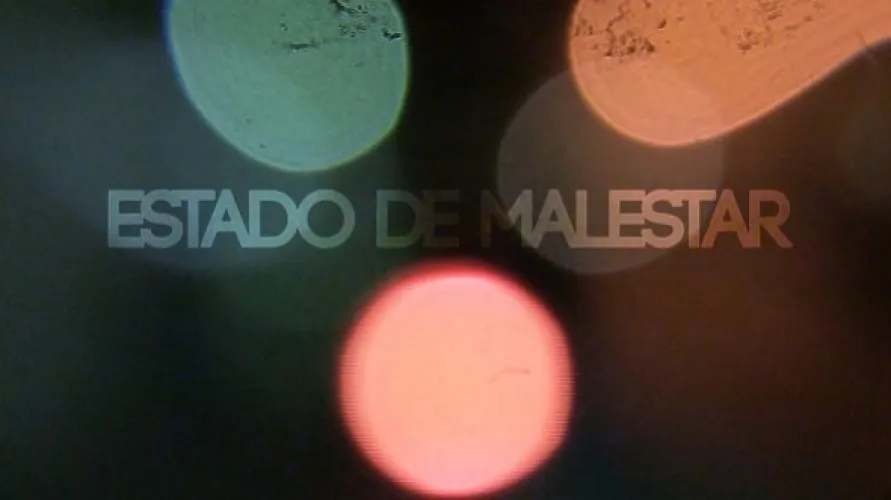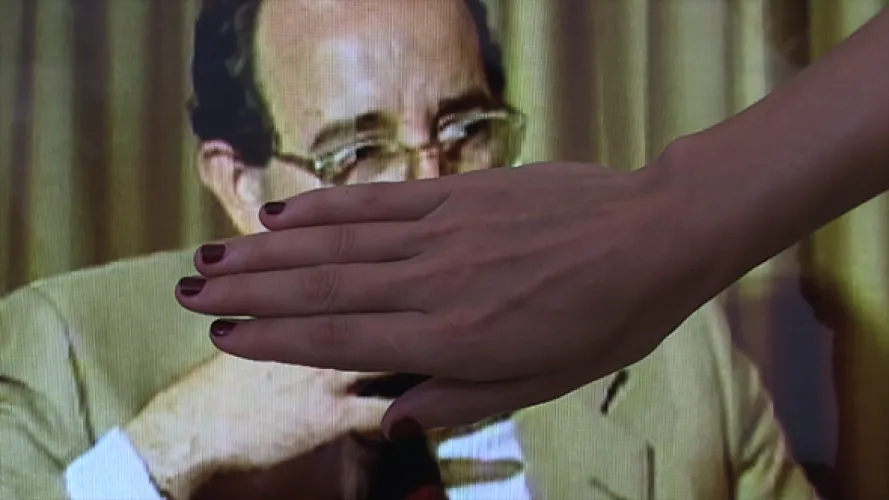Matadero Madrid center for contemporary creation
María Ruido
“Depth of Field” is a programme that focuses on the production, screening and study of contemporary audiovisual practice.
The aim of “Depth of Field” is to offer an in-depth consideration of the work of audiovisual artists (those who produce their work in video format, those who engage in a dialogue with film and other media, and those whose work takes the form of installations with moving images of a very varied nature). Through the presentation of works by established and up-and-coming creators, this programme is intended to help to generate an ongoing space for dialogue in which the artists’ pieces complement each other and contribute to a better understanding of this medium.
The first “Depth of Field” Season will address the issue of violence, with an exhibition and examination of the work of Meiro Koizumi (January 17-March 10) and María Ruido (March 13-May 5), two artists who adopt different artistic angles and languages but who both explore violence as a force that pervades the intimate sphere of bodies and the public realm of history.
María Ruido (Xinzo de Limia, 1967) is a filmmaker, visual artist, researcher and teacher. She divides her time between Madrid and Barcelona, where she lectures in the Visual Arts and Design Department at the Universitat de Barcelona. She is also a member of a number of groups that research the representation and its relationship with its context. She has received a number of prizes for her visual essays, among them the Premio Generación 2003 (in the Audiovisuals Category) and the Best International Feature Documentary Award at the New York International Independent Film & Video Festival 2009. Her work is held in the permanent collections of major institutions such as the MNCARS, MACBA, CA2M, CGAC, Archi OVNI and the Fundación CajaMadrid. As her work is both artistic and cinematographic, she has participated in exhibitions in Spain and abroad, as well as in film and video festivals.
María Ruido produces videos in the form of visual essays that she works on over a long period, with the piece finally shown being the outcome of a lengthy and complex process of research.
In developing her projects, the artist makes use of assorted audiovisual elements that she appropriates: archive material and clips from documentaries and film. Once arranged in the manner of a collage, they put forward reflection on the purpose of the languages themselves, while calling into question the specificity of their original codes.
As well as a variety of artistic languages, María Ruido’s projects also contain a multiplicity of voices, since she often uses the format of the interview to construct the narrative plot of the scripts. In these interviews, the artist takes a leading role, as she establishes the conceptual rhythm with her questions and, ultimately, she is the one who edits these testimonies to formulate a single, coherent polyphonic account.




